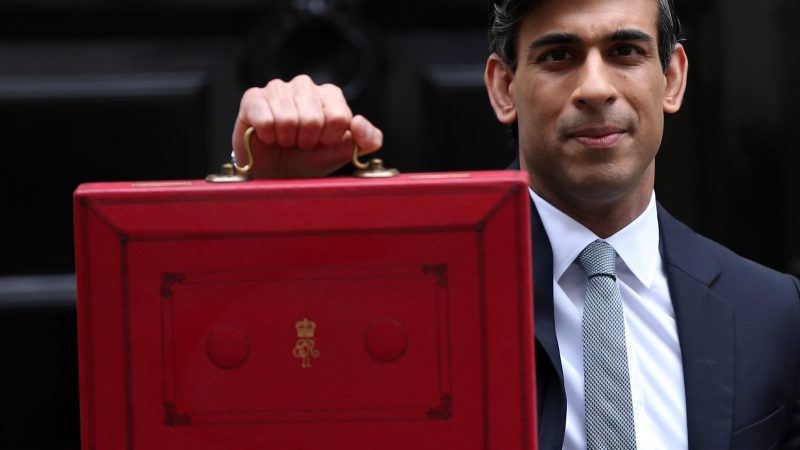
There was much to welcome about this year’s Labour conference. It was great to see the passing of rule changes that implemented the Equality and Human Rights Commission recommendations, as well as Rachel Reeves’ pledges on investments to tackle the climate emergency. But there was one thing missing: ambitious measures to tax the rich.
During conference, Reeves told the BBC that “we have no plans whatsoever to raise income tax”, and this came after Labour did not clearly commit to a wealth tax to fund social care as an alternative to the government’s National Insurance hike. I think these are crucial mistakes.
I am sympathetic to Reeves’ argument that fiscal credibility is the key to getting Labour back into government. For all the talk of culture wars separating Labour from our heartlands, my experience as a newly elected councillor in the ‘Red Wall’ is that our biggest weakness remains a reticence to trust us with the public purse. This is rooted in a belief that Labour promises the world without having a credible plan for how to deliver on our ambitious plans. But establishing fiscal credibility need not require a lack of ambition on tax. In fact, it requires the exact opposite.
One of the things I learned from knocking on thousands of doors is that most voters view economics as a zero-sum game. If we’re proposing a policy that benefits them, somebody else must lose out, and if we can’t say who, they don’t believe the policy is credible. This explains why Labour often fails to establish economic credibility and win elections despite having broadly popular policies.
One of the most successful interventions of the 2017 general election was a commitment not to raise income tax for those earning below £80,000 and only increasing it for the top 5%. This should be replicated as part of our party’s economic policy going forward.
Shifting our economic policy in this direction would help Labour create more dividing lines with the Conservatives. Our slogan for this year’s conference was ‘Stronger Future Together’, which is vague to say the least. In order to define ourselves properly, Labour must emphasise not just what we are for but what we are against. We are against billionaires hoarding wealth, landlords exploiting tenants, and the very richest avoiding paying tax.
The current leadership has shown glimpses of being able to grasp this. For example, during the Batley and Spen by-election, the party announced it would fund measures to tackle crime by scrapping the proposed Royal Yacht. This provides a model for Labour to show what we are for by showing what we are against.
To establish a successful dividing line in this parliament, we must put the Conservatives in an uncomfortable position where the views of their new supporters are at odds with their traditional supporters. Changing our policy on tax would also create a dividing line on the question of interests. Despite their decisive victory in 2019, there is a palpable feeling amongst many new Tory voters that they do not really act in their interests.
A case in point is the government’s new social care policy, which disproportionately affects working people in the North in order to shore up the Tories’ traditional affluent base in the South. Labour needs to tap into this existing feeling with consistent and focused messaging about why this government is acting against the interests of working people across the country.
While there is a reluctance to trust us with public spending, there is a palpable feeling amongst most voters that the economy is rigged against them. And they are absolutely right. We must lean into this feeling with bold and ambitious plans to increase income tax on the richest, create a new wealth tax and ruthlessly crack down on tax avoidance. If Labour continues to be timid about setting out how it will tax those with the broadest shoulders in specific ways, we will continue to struggle on economic credibility.




More from LabourList
Tom Belger column: ‘Why is Labour making migrant exploitation easier?’
Ashley Dalton resigns as health minister for cancer treatment
Paul Nowak column: ‘Labour must focus on the basics’